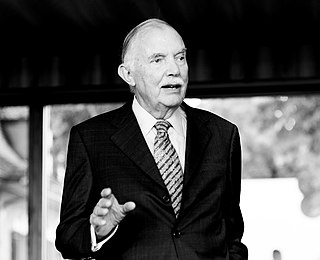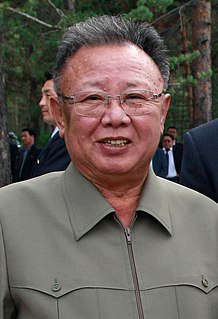A Quote by Mike Pompeo
Science, innovation, safety and affordability. Who could oppose United States food policy based on these core principles? Unfortunately, this idea has become unnecessarily controversial in agriculture.
Related Quotes
In the United States, one of the main topics of academic political science is the study of attitudes and policy and their correlation. The study of attitudes is reasonably easy in the United States: heavily-polled society, pretty serious and accurate polls, and policy you can see, and you can compare them.
Dysfunctional states like Afghanistan need business people who are deeply rooted in their country and invest in it. They can add stability. But all development programs of the United States and the European countries unfortunately exclude the private sector, which could make investments based on profitability.
In pursuing economic growth, India and the United States share similar values and similar challenges. We understand that the global economy is here to stay. To keep growing and leading the world in innovation and opportunity, the United States and India must trade freely, openly, and according to the principles of the global marketplace.
The United States stands by its friends. Israel is one of its friends Peace can be based only on agreement between the parties and agreement can be achieved only through negotiations between them. The United States will not impose the terms of peace. The United States is prepared to supply military equipment necessary to support the efforts of friendly governments, like Israel's, to defend the safety of their people.
The United States presents a value system to the world that is based on democracy, based on economic freedom, based on individual rights for men and women, .. I think that is what makes us such a draw for nations around the world. People come to the United States to be educated, to become Americans. We are a country of countries and we touch every country, and every country in world touches us.































